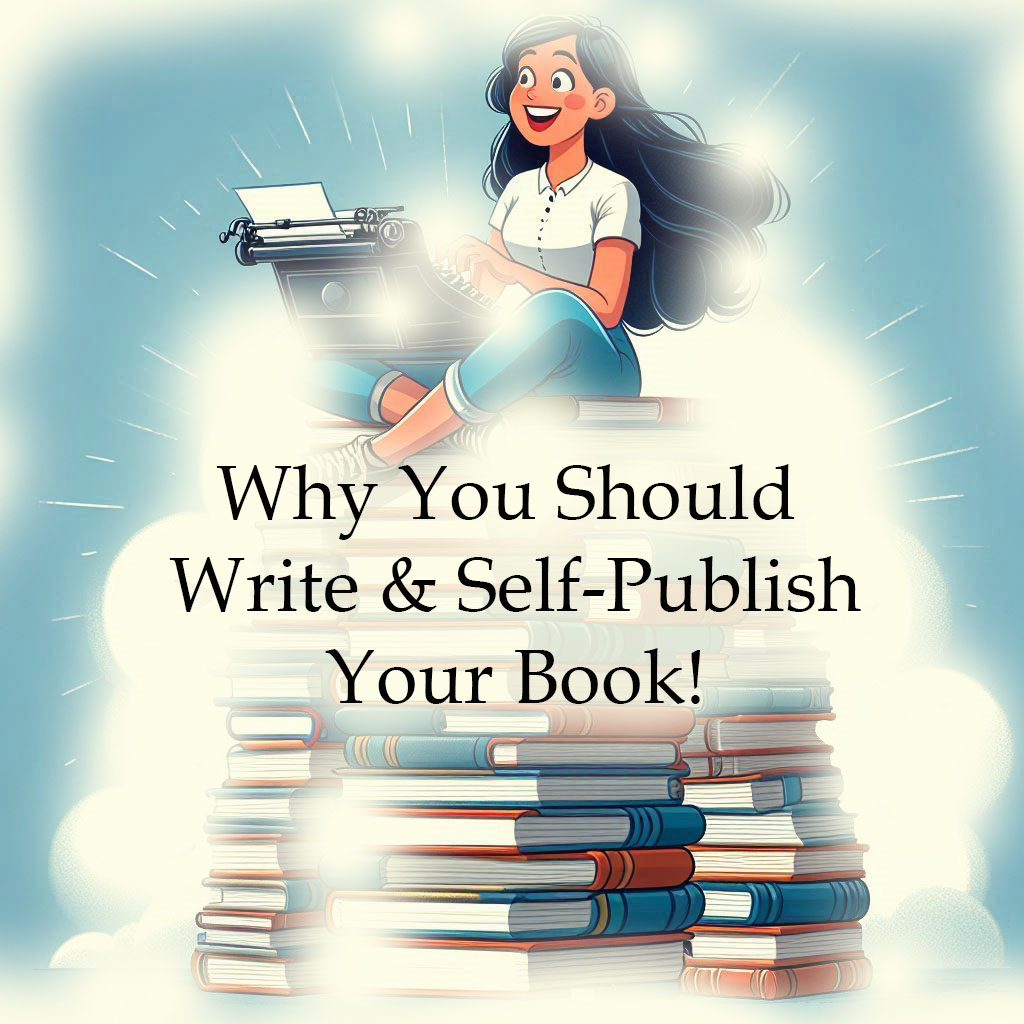Writing is an art form that transcends boundaries and connects people across time and space.
Whether you’re an aspiring novelist, a budding journalist, or simply someone looking to express themselves more eloquently, the journey of writing begins with a single step.
In this comprehensive guide, we’ll delve into the fundamentals of writing for beginners, equipping you with the tools and knowledge necessary to embark on this enriching voyage.
Understanding the Essence of Writing
Defining Writing:
- Writing is the process of expressing thoughts, ideas, and emotions through the medium of text.
- It encompasses various forms, including fiction, non-fiction, poetry, journalism, blogging, and more.
Importance of Writing:
- Communication: Writing is a fundamental means of communication, allowing individuals to convey messages effectively.
- Creativity: It serves as a creative outlet, enabling individuals to explore their imagination and express themselves.
- Documentation: From preserving history to recording personal experiences, writing plays a crucial role in documentation.
Getting Started: Overcoming the Blank Page Syndrome
Embracing Inspiration:
- Observation: Observe the world around you for inspiration. Pay attention to everyday occurrences, emotions, and interactions.
- Reading: Immerse yourself in literature across genres. Reading not only broadens your knowledge but also ignites your creativity.
- Writing Prompts: Utilize writing prompts to kickstart your creativity. Websites, books, and apps offer an abundance of prompts to spark ideas.
Establishing a Writing Routine:
- Consistency: Set aside dedicated time for writing each day. Consistency is key to developing your skills and maintaining momentum.
- Setting Goals: Establish achievable writing goals, whether it’s a word count target or completing a specific project within a deadline.
- Creating a Writing Space: Designate a comfortable and inspiring space for writing. Minimize distractions and surround yourself with tools that stimulate creativity.
Mastering the Craft: Essential Writing Techniques
Developing Strong Foundations:
- Grammar and Syntax: Understand the basic rules of grammar and syntax. Mastery of these fundamentals enhances clarity and readability.
- Vocabulary: Cultivate a diverse vocabulary to enrich your writing. Explore synonyms, antonyms, and idiomatic expressions to convey your ideas effectively.
- Sentence Structure: Experiment with varying sentence structures to add rhythm and flow to your writing. Incorporate short, punchy sentences alongside longer, more descriptive ones.
Crafting Compelling Narratives:
- Character Development: Create well-rounded characters with distinct personalities, motivations, and arcs. Readers engage with characters they can empathize with or admire.
- Plot Construction: Outline the plot of your story, including key events, conflicts, and resolutions. A well-structured plot keeps readers engaged from beginning to end.
- Dialogue: Master the art of writing authentic dialogue that reflects the unique voices of your characters. Dialogue adds depth and realism to your narrative.
Refining Your Skills: The Journey of Continuous Improvement
Seeking Feedback:
- Peer Review: Share your writing with trusted friends, family members, or writing groups for constructive feedback. Fresh perspectives can identify areas for improvement.
- Professional Editing: Consider hiring a professional editor for in-depth feedback on your work. Editors provide valuable insights and help polish your writing to perfection.
- Beta Readers: Engage beta readers to evaluate your manuscript before publication. Their feedback helps identify strengths and weaknesses from a reader’s perspective.
Embracing Revisions:
- Iterative Process: Understand that writing is an iterative process. Embrace revisions as opportunities to refine your work and elevate it to new heights.
- Self-Editing: Develop self-editing skills to critically assess your own writing. Look for inconsistencies, grammatical errors, and areas where clarity can be improved.
- Patience and Persistence: Rome wasn’t built in a day, and neither is a masterpiece. Be patient with yourself and persist in honing your craft, knowing that growth takes time and dedication.
Unleashing Your Potential as a Writer
Writing is a journey of self-discovery, creativity, and growth.
As you embark on this adventure, remember that every word you write is a step closer to unlocking your potential as a writer.
Embrace the process, celebrate your successes, and never lose sight of the joy that writing brings.
With dedication, perseverance, and a touch of inspiration, you’ll find yourself crafting stories that resonate with readers and leave a lasting impact on the world.
So, pick up your pen, or your keyboard, and let your imagination soar. Your readers are waiting!
Need Help With Your Book Cover or Literary Packaging?
Looking to bring your ideas to life with captivating storytelling and imaginative flair?
Whether you need compelling copywriting, engaging written, visual or video content creation, or literary packaging that stands out, I’m here to help.
Let’s collaborate to turn your vision into reality. Reach out today to discuss your project and let’s embark on a journey of creativity together!









